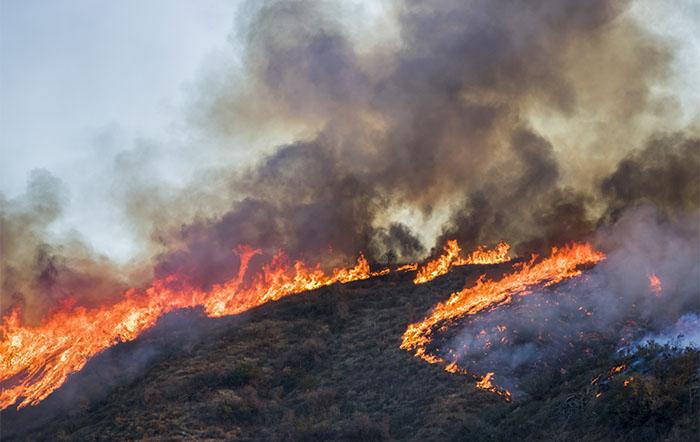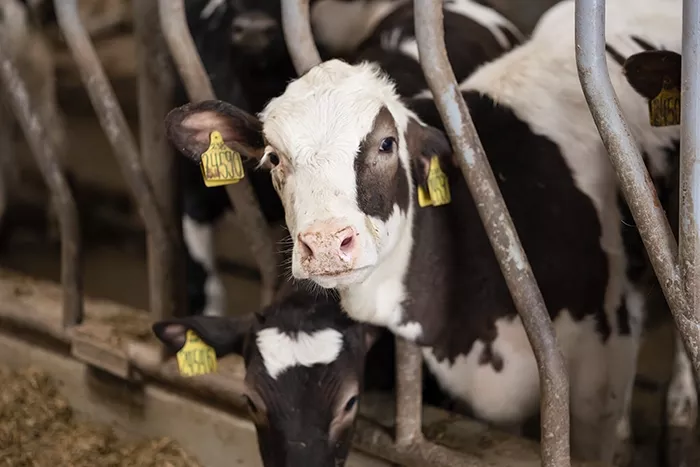The food industry will go to great lengths (and spend a fortune) to lobby policymakers, confuse the public and politicise scientific findings. When scientific evidence indicates the need to phase down environmentally harmful or unhealthy products, the responsible industry pushes back. In an article for The Conversation, Stephanie Walton, DPhil candidate in the School, explores how stranded assets may be motivating this resistance and examines the possible solutions.
News
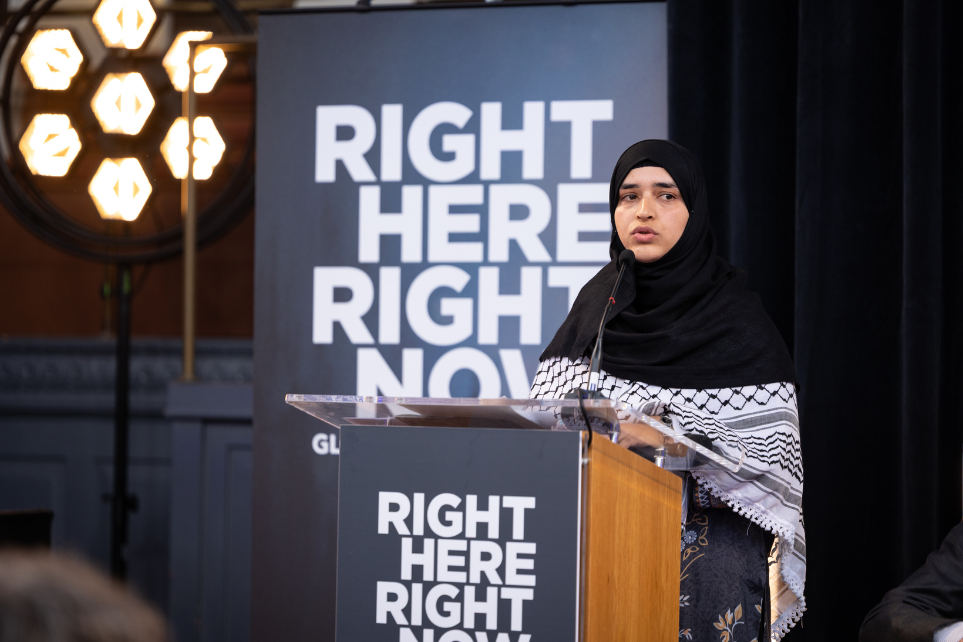
SoGE MSc student Tabina Manzoor gives opening address at Right Here, Right Now climate summit
Tabina Manzoor, a Kashmiri student, researcher, and environmentalist currently pursuing an MSc in Water Science, Policy, and Management at SoGE, served as a student co-moderator at Oxford’s recently concluded Right Here Right Now Global Climate Summit, where she also gave an opening address at the Sheldonian Theatre.
Individual climate action - the free and instant way to help Ukraine
In the face of a constant stream of bad news - the war in Ukraine, the climate crisis, spiralling fuel poverty and looming global food shortages - positive action is the best way to cope. Alison Smith shows how there is a set of actions that we can all take to address all these emergencies simultaneously, with immediate results, and at no financial cost.

Scholarships that are helping to change the world
Oxford Giving meets Priscilla Santos, a graduate of SoGE's MSc in Nature, Society and Environmental Policy. She talks about her Oxford experience, her current work with WWF in Italy and her motivation to support her home country of Brazil on climate and environmental issues.
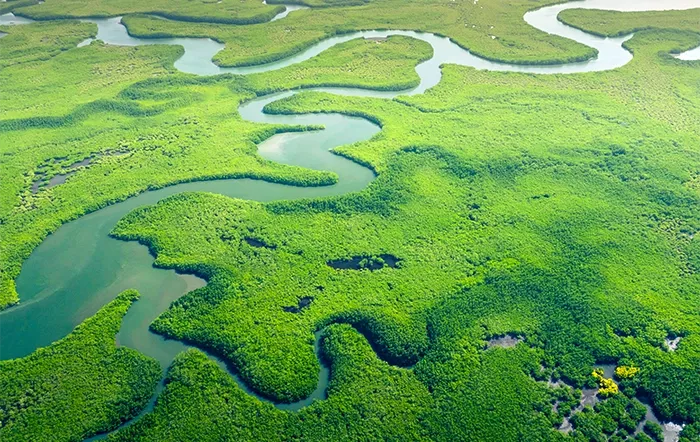
Marina Ovsyannikova risked jail by opposing Putin on TV. Here's why we fear for her
Prof Judith Pallot, Emeritus Professor, examines the Russian penal system and the possible consequences for Marina Ovsyannikova who risked jail by opposing Putin on TV, in an opinion piece for The Guardian.
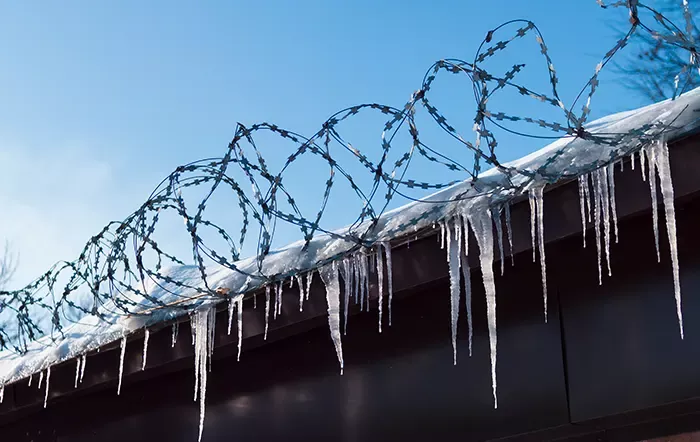
New book examines digital experiences of urban change
Professor in Human Geography and SoGE's Head of School, Gillian Rose, has co-authored a new book, The New Urban Aesthetic, alongside Mónica Montserrat Degen, Reader in Cultural Sociology at Brunel University.
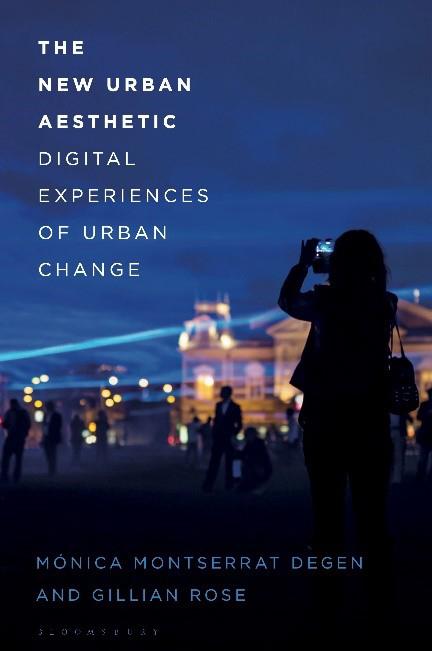
SoGE community supports International Women's Day
The School of Geography and the Environment (SoGE) community has today (8 March) come together to mark International Women's Day. Individuals from across the department have demonstrated their support for this year's #BreakTheBias campaign by striking the break the bias pose and commenting on why it is vital we tackle gender bias.
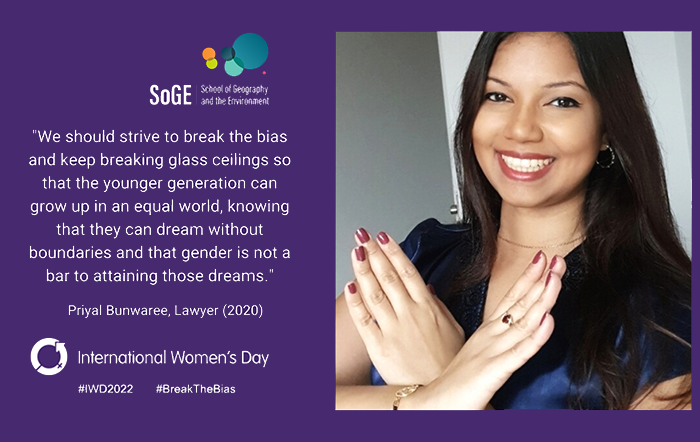
Large mammals can help climate change mitigation and adaptation
A new study investigates whether protecting and restoring large animal wildlife can help to support climate change goals.
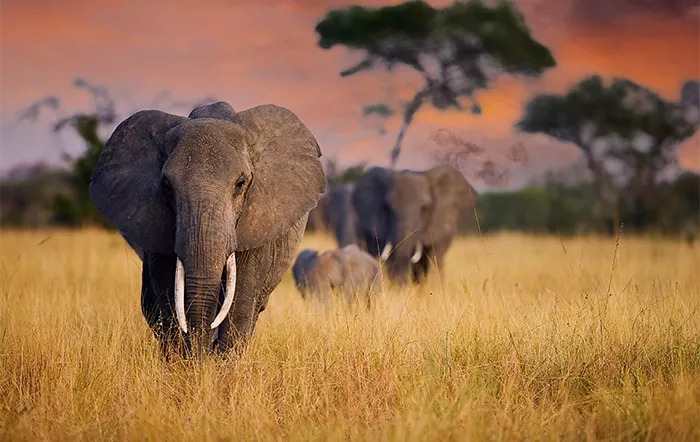
Too many words, too little action: climate justice is essential to limit climate change - IPCC chapter author
Dr Lisa Schipper, co-ordinating lead chapter author for the IPCC sixth assessment report and Oxford environmental research fellow, provides her expert opinion on the IPCC sixth assessment report published yesterday (28 February) and why climate justice is essential to limit climate change.
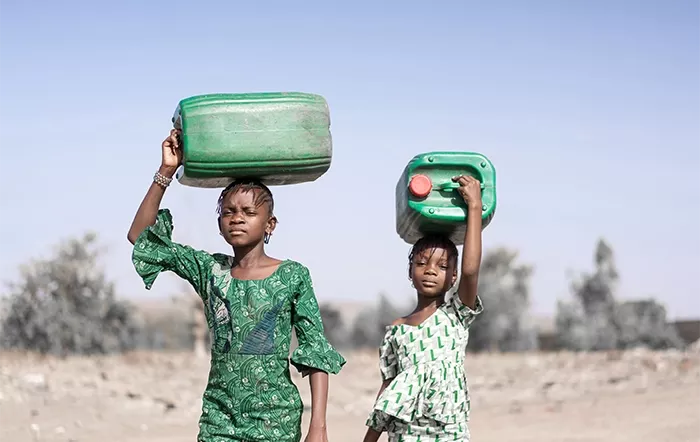
With a little help from... our alumni
SoGE alumni are stepping up to support our current students. In Hilary term, a series of Careers Events brought our current students together with the School's alumni for advice, inspiration and plenty of networking - online and in person.
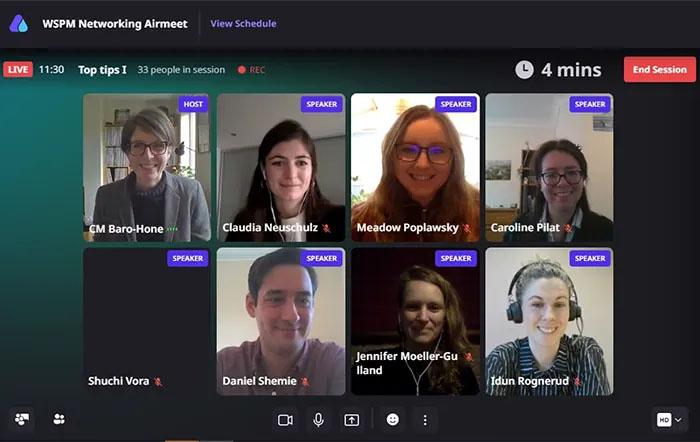
Prof Simon Dadson discusses storms and flood risk on the BBC Today programme
Professor Simon Dadson, Professor of Hydrology, gives his expert opinion about the recent storms and impact on flood risks on the BBC Today programme (starts at 2:35:18).
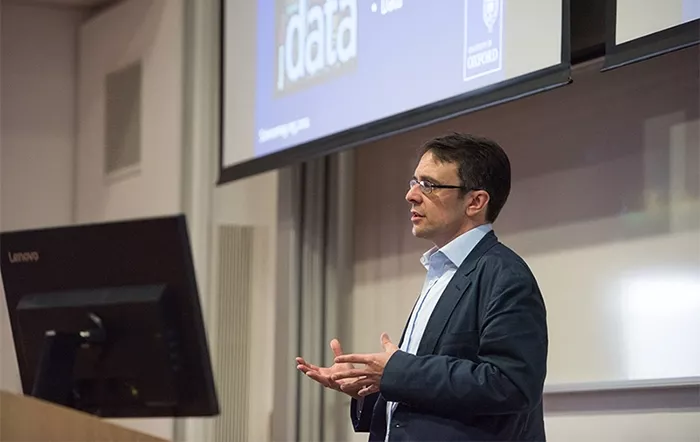
UNEP: Number of Wildfires to Rise by 50 per cent by 2100
Climate change and land-use change are projected to make wildfires more frequent and intense, with a global increase of extreme fires of up to 14 per cent by 2030, 30 per cent by the end of 2050 and 50 per cent by the end of the century. This is according to a new report, released ahead of the UN Environment Assembly in Nairobi, by the UN Environment Programme (UNEP) and GRID-Arendal, for which the ECI's Dr Imma Oliveras is a contributing author.
